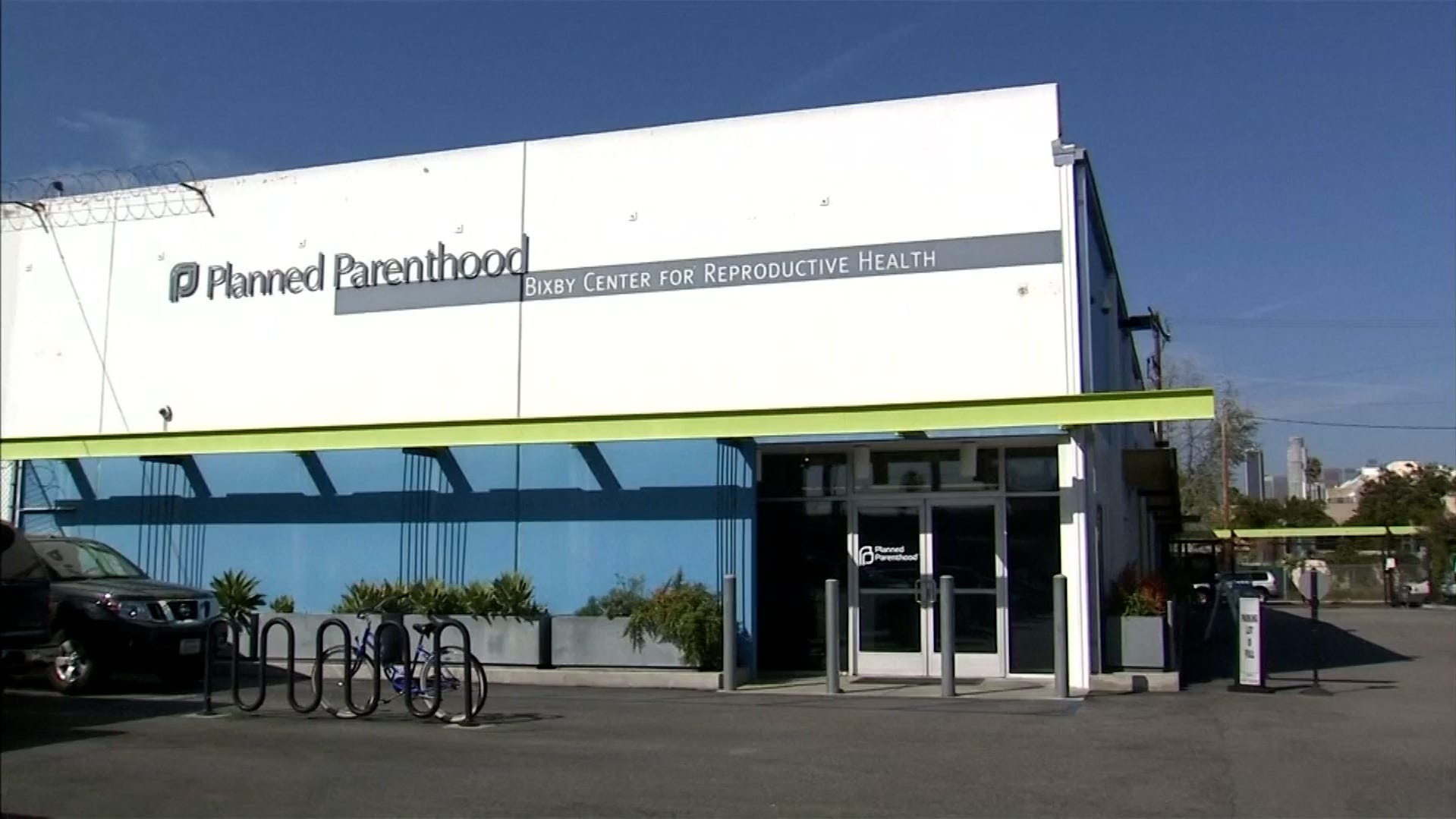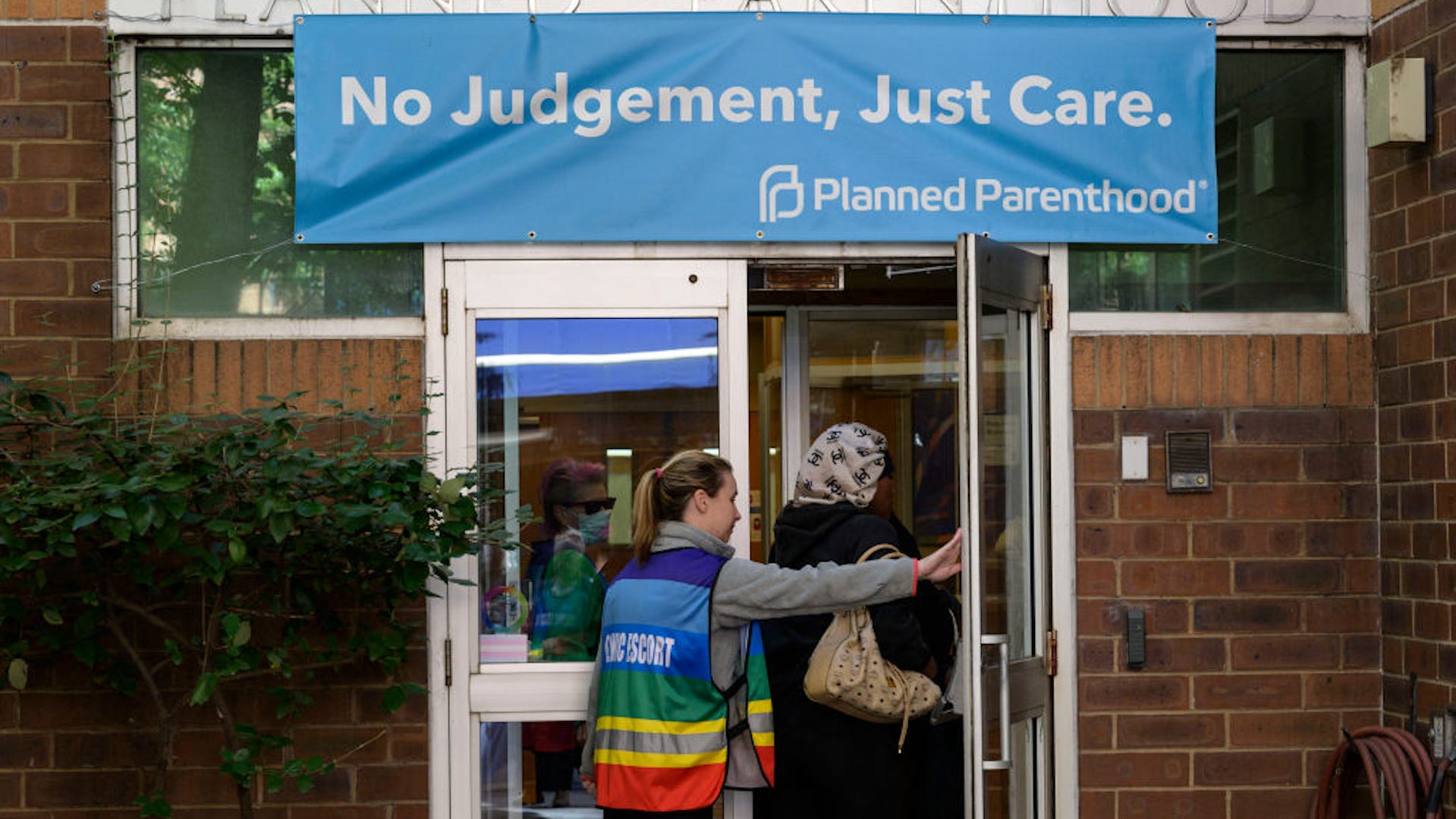Supreme Court sides with South Carolina in effort to cut Planned Parenthood funding

WASHINGTON − An ideologically divided Supreme Court sided with South Carolina in its effort to deprive Planned Parenthood of public funding, a decision that is likely to prompt other Republican-led states to take similar action against a health care organization under attack for providing abortion services.
The court’s 6-3 ruling June 26 − over the dissent of the three liberal justices − that Medicaid patients can’t sue over their right to choose their doctor could also limit care options beyond the controversial realm of reproductive care.
Writing for the majority, Justice Neil Gorsuch said Medicaid law doesn't include a "clear and unambiguous notice of an individually enforceable right."
But there are other ways to challenge South Carolina's decision to kick Planned Parenthood out of its Medicaid program, he said. The federal government can withhold funding from a state that is not following the rules. And Planned Parenthood can use the state's administrative process to argue it's a qualified provider.
"Indeed, Planned Parenthood itself pursued just such an administrative claim at one point," Gorsuch wrote.
In her dissent, Justice Ketanji Brown Jackson said the majority's decision will likely "result in tangible harm to real people."
"At a minimum, it will deprive Medicaid recipients in South Carolina of their only meaningful way of enforcing a right that Congress has expressly granted to them," she wrote.
The Trump administration had backed South Carolina after the Justice Department reevaluated its position following the change in administrations.
And anti-abortion groups are pushing Trump and the GOP-controlled Congress to impose a national ban on Planned Parenthood’s participation in Medicaid. The organization has said that would have "catastrophic consequences," potentially causing the closure of nearly 200 health centers in 24 states, including half the centers that provide abortions.
"You should have the freedom to decide what's best for you, not the government," said Planned Parenthood Federation of America President Alexis McGill Johnson. "This is a fight that Planned Parenthood has never backed down from, and we will not start now."
One-third of Planned Parenthood's revenue comes from state and federal government funding, including Medicaid, to provide health services, according to the nonpartisan health research organization KFF.
Defunding Planned Parenthood is longtime GOP goal
Republicans have long sought to defund Planned Parenthood because it performs abortions.
Medicaid, which is funded primarily through federal dollars and operated by states to provide health carefor low-income residents, already prohibits coverage of abortion in most cases.
But South Carolina argues that the money Planned Parenthood gets from the government for providing birth control, cancer screenings, physical exams, testing and treatment for sexually transmitted diseases and other health services “frees up their other funds to provide more abortions.”
The state's Republican governor, Henry McMaster, signed an executive order in 2018 to cut off Medicaid funding. His order was blocked in court.
"Seven years ago, we took a stand to protect the sanctity of life and defend South Carolina's authority and values – and today, we are finally victorious," McMaster said in a statement after the high court ruled.
Lower court blocked South Carolina from defunding Planned Parenthood

Nearly half of Planned Parenthood patients nationwide get their health care through Medicaid, although that share is much lower in South Carolina, which has tighter eligibility rules than most states, according to the organization.
The federal Medicaid Act says eligible people may receive health care “from any institution, agency, community pharmacy, or person, qualified to perform the service or services required.”
The Supreme Court was asked to review a lower court's decision that the language clearly allows a Medicaid patient to sue if a state blocks a qualified provider from the program.
In this case, the patient was Julie Edwards, a Medicaid recipient whoprefers to go to Planned Parenthood for her reproductive health care because they treat her “without judgment.” Edwards also said she has had trouble finding doctors willing to see Medicaid recipients.
South Carolina says Medicaid patients have many other options, including 140 federally qualified health clinics and pregnancy centers.
But the American Public Health Association and other health groups told the court more than half of South Carolina’s counties don’t have enough health services to meet demand, and nearly 2 in 5 are considered “contraceptive deserts.”
Planned Parenthood “fills the gaps where South Carolina’s providers are scarcest ‒ women’s health and preventative care ‒ lessening the burden on other parts of the state’s healthcare system,” various health care policy experts, advocates and providers in South Carolina told the Supreme Court.
Dr. Katherine Farris, chief medical officer for Planned Parenthood South Atlantic, said the organization is exploring every option to keep its doors open to all patients, including those with Medicaid coverage.
“We are working hard not to turn people away," she said after the court's decision. "But the reality is we may not be able to do that for long.”